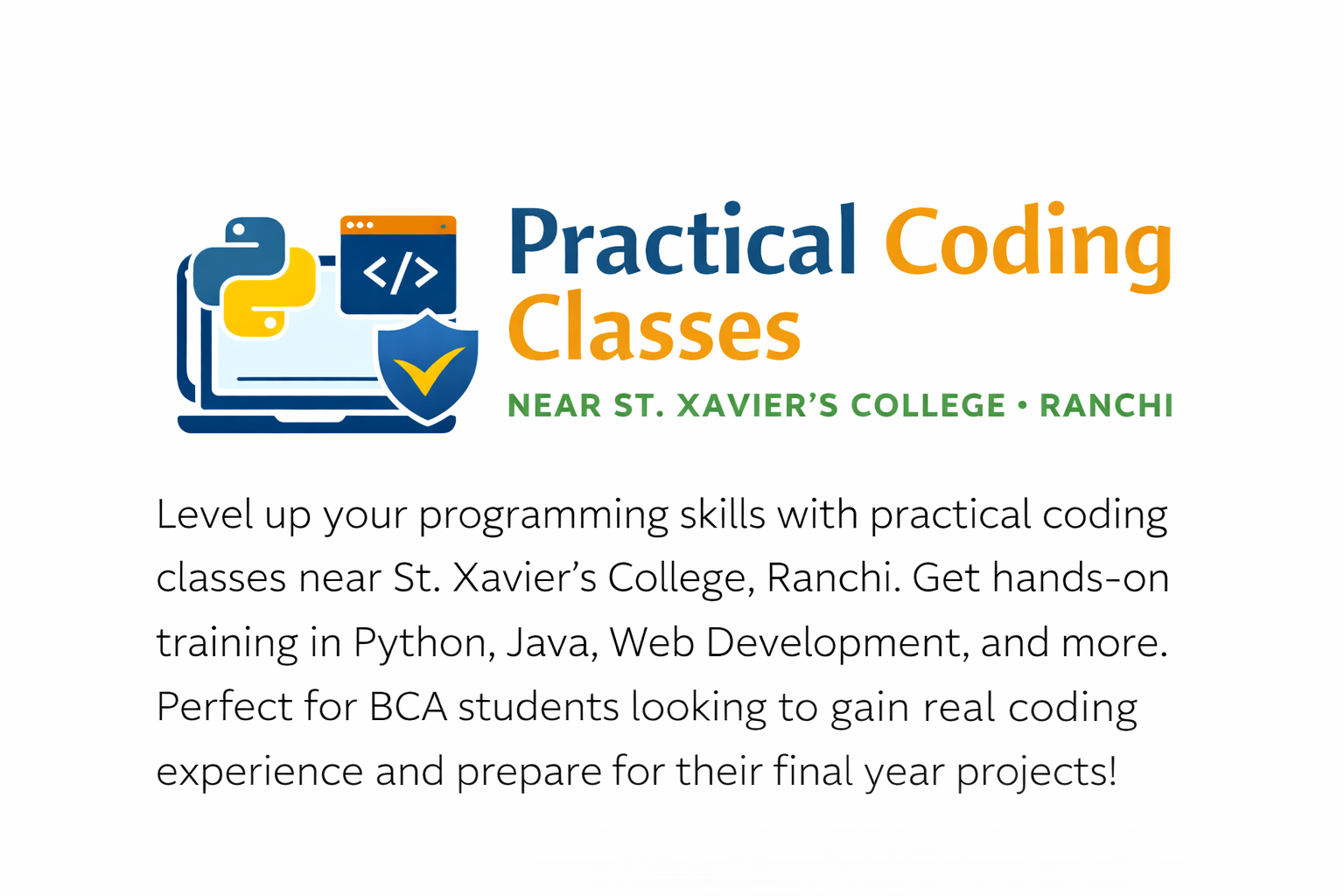
Understanding Time Management
Time management refers to the process of planning and exercising conscious control over the amount of time spent on specific activities. It involves making thoughtful decisions about how to allocate time effectively to enhance productivity and efficiency. For college students, mastering time management is particularly crucial, as it directly influences their academic performance and personal well-being.
The importance of effective time management cannot be overstated. College life is often characterized by a multitude of responsibilities, including attending classes, studying for exams, participating in extracurricular activities, and managing personal commitments. By implementing strong time management skills, students can better navigate these demands, leading to improved academic success and reduced stress levels.
Benefits of mastering time management extend beyond enhancing academic performance. Students who manage their time well typically experience increased satisfaction with their overall college experience. They are more likely to meet deadlines, engage fully in their studies, and maintain a healthy work-life balance. Additionally, strong time management skills can lead to greater opportunities for networking and involvement in campus activities, which can enrich their educational journey.
On the flip side, poor time management can result in significant challenges. Students may struggle to keep up with their coursework, leading to lower grades and missed deadlines, which can adversely affect their academic standing. Moreover, ineffective time management can result in heightened stress and feelings of overwhelm, negatively impacting personal relationships and mental health.
To identify time-wasting activities, students should regularly assess how they spend their time and establish priorities. Engaging in self-reflection will help pinpoint habits that detract from productivity, allowing students to implement strategies that foster better time management. Recognizing the areas where time is squandered is the first step toward making meaningful improvements in how one manages their time. With a structured approach, college students can tackle their responsibilities more effectively, setting the stage for both academic achievement and personal growth.
Setting Goals Effectively
In the journey of mastering time management, setting realistic and achievable goals plays a pivotal role for college students. To navigate the demands of academic life successfully, students should differentiate between short-term and long-term objectives. Short-term goals typically encompass immediate tasks and activities, such as completing assignments or studying for an upcoming exam, while long-term goals may include aspirations like graduating with honors or securing a job in a desired field.
One effective method for goal setting is the SMART criteria, which stands for Specific, Measurable, Achievable, Relevant, and Time-bound. Each element ensures that goals are well-defined and attainable. For instance, instead of stating an intention to “study more,” a specific goal would be “study for two hours every weekday after classes.” This specificity makes it easier to measure progress and commitment.
Measuring progress toward goals is essential for maintaining motivation and refining strategies. College students can utilize a variety of methods to track their advancement. Keeping a goal journal can serve as a beneficial tool, allowing students to record their daily or weekly achievements along with any challenges faced. Additionally, apps designed for time management and productivity can offer reminders and allow students to break down larger tasks into manageable segments, further fostering an organized approach to their workload.
Practical examples of effective goal-setting methods could include creating a semester plan that outlines major assignments and deadlines or setting personal benchmarks, like achieving a certain grade average. By employing these strategies, college students can cultivate a structured framework that not only enhances their time management skills but also promotes a more focused and productive academic experience.

Creating a Productive Schedule
Establishing a structured schedule is essential for college students aiming to master time management. A well-crafted schedule not only helps in organizing academic responsibilities but also ensures a balanced allocation of time for personal activities and commitments. The effectiveness of a productive schedule lies in its ability to prioritize tasks, accommodate deadlines, and enhance overall efficiency.
To begin, creating a daily and weekly planner is critical. Students should allocate specific time slots for classes, study sessions, assignments, and extracurricular activities. This method allows individuals to visualize their commitments and adjust accordingly to minimize overwhelm. Additionally, employing various scheduling methods can further enhance time management capabilities. For instance, time blocking is a popular strategy where specific blocks of time are designated for particular tasks. This method enables students to focus on one task at a time, reducing distractions and increasing productivity.
Prioritizing tasks is another integral facet of an effective schedule. Students should assess deadlines and the importance of each task. A useful technique is the Eisenhower Matrix, which categorizes tasks into four quadrants based on urgency and importance. This tool assists students in distinguishing between what needs immediate attention and what can be accomplished later. By prioritizing effectively, students can optimize their workload, ensuring that critical assignments are completed on time without compromising other responsibilities.
Digital tools can further aid in scheduling efficiency. Applications like Google Calendar, Todoist, or Notion provide users with the ability to track tasks, set reminders, and share schedules with peers. These platforms often incorporate features that allow for easy adjustments, ensuring that college students can adapt their plans as needed. Ultimately, creating a productive schedule is pivotal in mastering time management, addressing common problems faced by students, and achieving both academic and personal success.
Overcoming Procrastination
Procrastination is a common dilemma that many college students encounter, often hindering their academic success. The reasons for delaying tasks can be varied, ranging from fear of failure to perfectionism and lack of motivation. Understanding these root causes is crucial in developing effective strategies for mastering time management. By recognizing the psychological triggers, students can begin addressing their procrastination habits more effectively.
One practical method to combat procrastination is the Pomodoro Technique. This time management strategy involves breaking work into intervals, traditionally 25 minutes in length, followed by a short break. Each interval is known as a ‘Pomodoro.’ This technique not only helps in maintaining focus on a specific task but also encourages students to take regular breaks, thereby preventing burnout. By incorporating this method in the study routine, students can enhance their productivity and reduce the tendency to procrastinate.
In addition to structured techniques, cognitive behavioral strategies can be employed to foster a change in mindset. For instance, reframing negative thoughts about tasks can transform the perception of work from being burdensome to manageable. Furthermore, setting realistic goals and deadlines can create a clearer path for completing assignments, thereby reducing the inclination to push tasks aside. Additionally, building motivation is essential; students can find inspiration by connecting assignments to their long-term career ambitions or personal interests.
Another key approach in overcoming procrastination is fostering accountability. Engaging with peers or study groups can provide the necessary motivation to stay on course. Having an accountability partner can encourage students to share their goals and progress, which reinforces dedication to completing tasks promptly. By adopting these strategies, college students can develop healthier work habits, ultimately leading to better time management and academic achievement.
Read Our Latest Blog
Affordable Resources for College Students on a Budget
For More Information and Updates, Connect With Us
Name Abhishek
Phone Number: +91-7488456170
Email ID: abhishek@eepl.me
Our Platforms:
Digilearn Cloud
EEPL Test
Live Emancipation
Follow Us on Social Media:
Instagram – EEPL Classroom
Facebook – EEPL Classroom
Stay connected and keep learning with EEPL Classroom!








